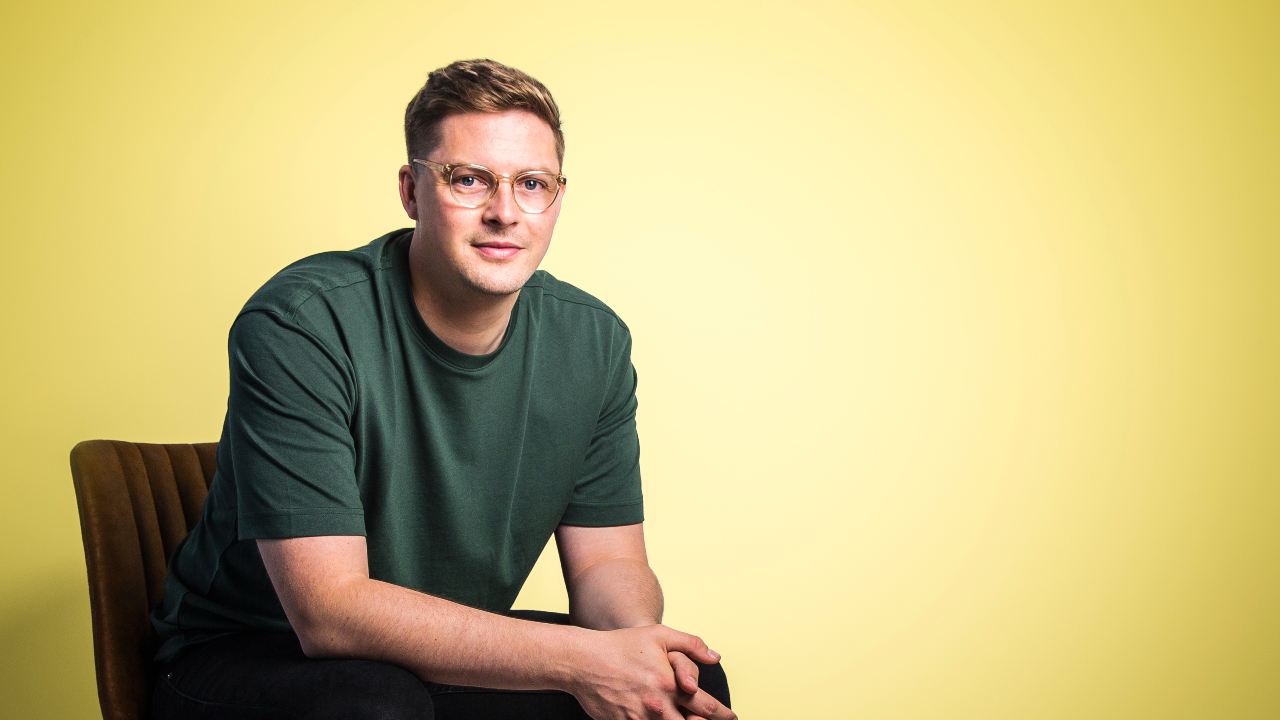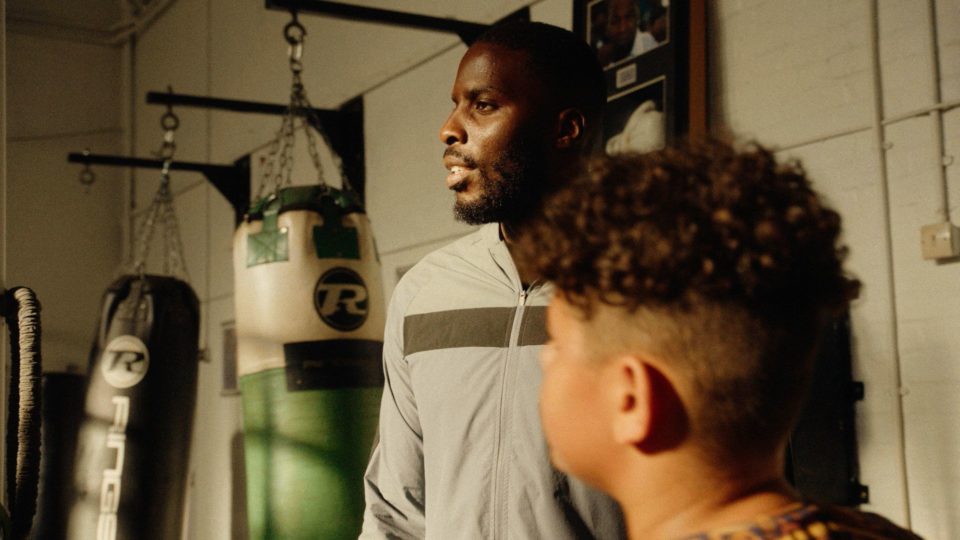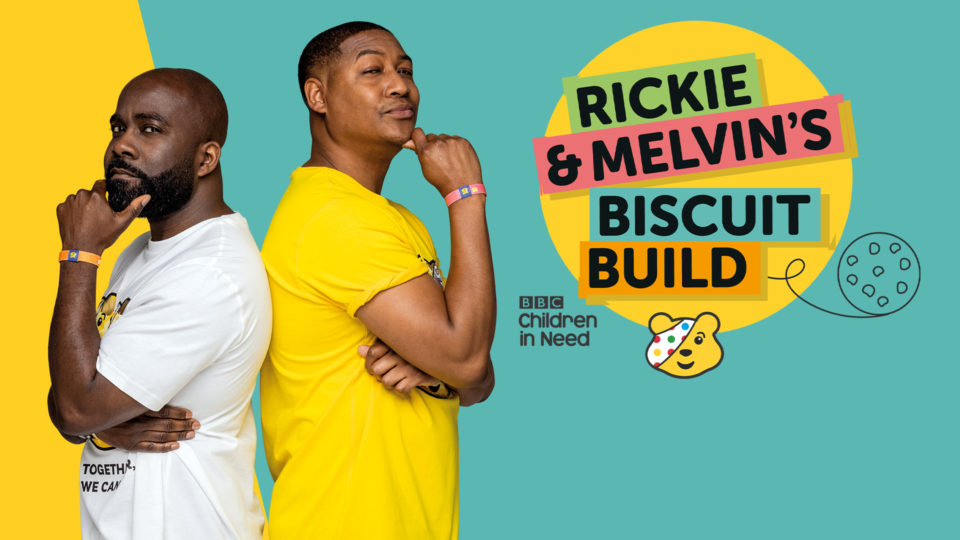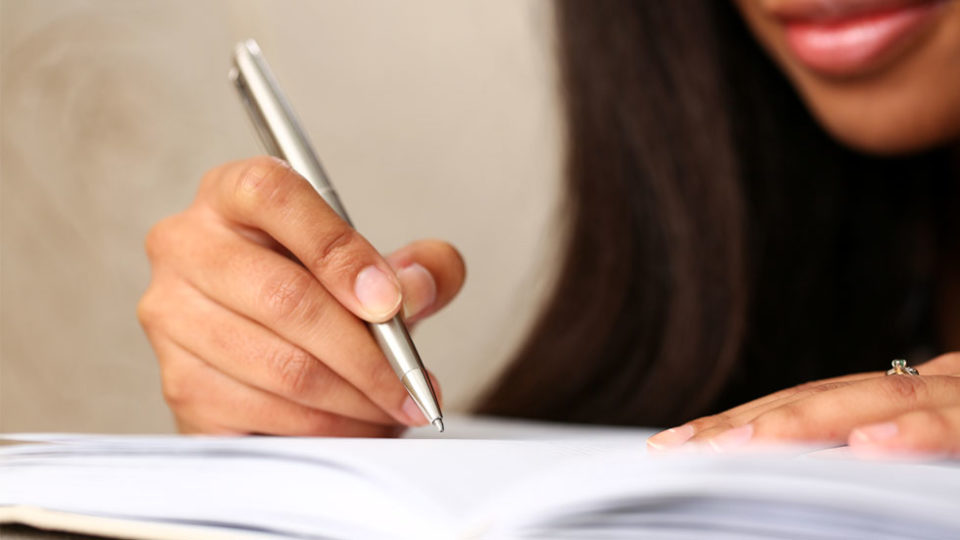Our CEO Simon Antrobus on the need for early intervention to support children’s mental health

This year, as with previous years, BBC Children in Need’s 2021 Campaign features a BBC documentary. Dr Alex: Our Young Mental Health Crisis aired last night on BBC One and is currently available on iPlayer. It’s a stark reminder that we need to significantly up our game when it comes to providing support to help children and young people with their mental health and emotional wellbeing.
In a year that has had left lasting effects on the lives of children and young people across the UK, the documentary sees Dr Alex George, the UK’s Young Mental Health Ambassador, take an immensely personal journey in a bid to understand the growing concerns for children and young people’s mental health. As part of this, Alex hears powerful testament from young people themselves, which sees them share their personal challenges with mental health and emotional wellbeing, whilst shining a light on the help they have received from local charities and projects funded by BBC Children in Need.
Dr Alex and the documentary are clear. Where we provide the right kind of support, situations can change and improve, and there is hope. But Alex also reminds us that much more needs to be done, that we have to act now and to intervene early if we are going to help the growing number of children and young people understand, talk about and strengthen their mental health and wellbeing.
This is all too familiar territory for BBC Children in Need.
In a recent BBC Children in Need survey, one in three children surveyed said they often feel anxious, whilst one in three children said they were worried about the future and one in five report often feeling sad. These are the early signs and indicators that help is needed. Early intervention at this point can mean the difference between improving levels of emotional wellbeing or enduring mental health problems.
We also surveyed parents. 73% of parents surveyed said they worried about the impact of the pandemic on their children and worryingly, 67% of parents believe it’s too difficult to get support for their children’s mental health issues.
I recently had the opportunity to meet three brilliant young people supported by a BBC Children in Need funded project. Along with their project worker we talked about the difference the project had made to their lives. The young people had their own reasons for seeking out support – for advice and guidance, a space to meet others, or simply help to address their feelings of sense of isolation through positive activities but the one common theme for all three was challenges with their mental health and how critical the project had been in helping them deal with this.
This is not an uncommon story across the local charities and projects BBC Children in Need currently support. Of the 2,500 plus local charities we fund across the UK, over 750 projects to the value of £52.1m are directly supporting children and young people with their mental health. This number almost doubles to over 1,450 local charities when we factor in local projects also supporting the emotional wellbeing of children and young people alongside other factors. It is almost impossible to overstate the level of need and the importance of offering help and support as early as possible.
Our evaluation also shows that whilst clinical provision may ultimately be required when mental health issues become complex, children need and value positive, rewarding non clinical interventions and relationships to help them make sense of their own mental wellbeing, as early as possible.
At BBC Children in Need we are committed to playing our part. So, in addition to our main grants programme, we have allocated an extra £10m to fund creative and imaginative mental health support initiatives for children and young people aged 8 to 13.
One such programme is Shout, set up by a charity called Mental Health Innovations and funded by a BBC Children in Need grant. Shout provides anonymous and accessible digital conversations for people experiencing challenges with their mental health and wellbeing. The number of people accessing Shout’s support doubled during the peak of the pandemic and since it was set up three years ago, it has provided over 176,000 children and young people with a safe and free digital means of accessing help in a way that feels natural to them. Its support is provided round the clock as over 70% of conversations happen outside the hours of 9am to 5pm.
What we know from our evaluation is that children and young people value the importance of connection and trust when seeking help about their emotional wellbeing. These early and everyday conversations about mental wellbeing have the potential to help children to learn about their mental wellbeing, develop healthy habits and reach out for help when they need it. Children and young people often report that, initially, they don’t want to go to a clinical setting if they feel they can be supported in safe places where they engage in activities and with company they enjoy.
All of this can and often does happen in unexpected places and projects and that’s why the vast network of locally funded BBC Children in Need charities are playing their part. For example, Wave, a surfing project funded by BBC Children in Need and featured in the documentary, is described as putting the “awesome” into children’s mental health. Those expert and fun activities can, if resourced properly and appropriately, be a valuable partner to statutory services and whilst we at BBC Children in Need are playing our part we can’t keep pace with demand.
And of course, none of this valuable work would be possible without the amazing generosity and kindness of our supporters across the UK. To everyone who support us, we are grateful of your support and are committed to ensuring it makes a lasting and positive difference to lives of the children and young people when they need it most.
For help and support, visit bbc.co.uk/actionline.
Watch Dr Alex: Our Young Mental Health Crisis on iPlayer now.



